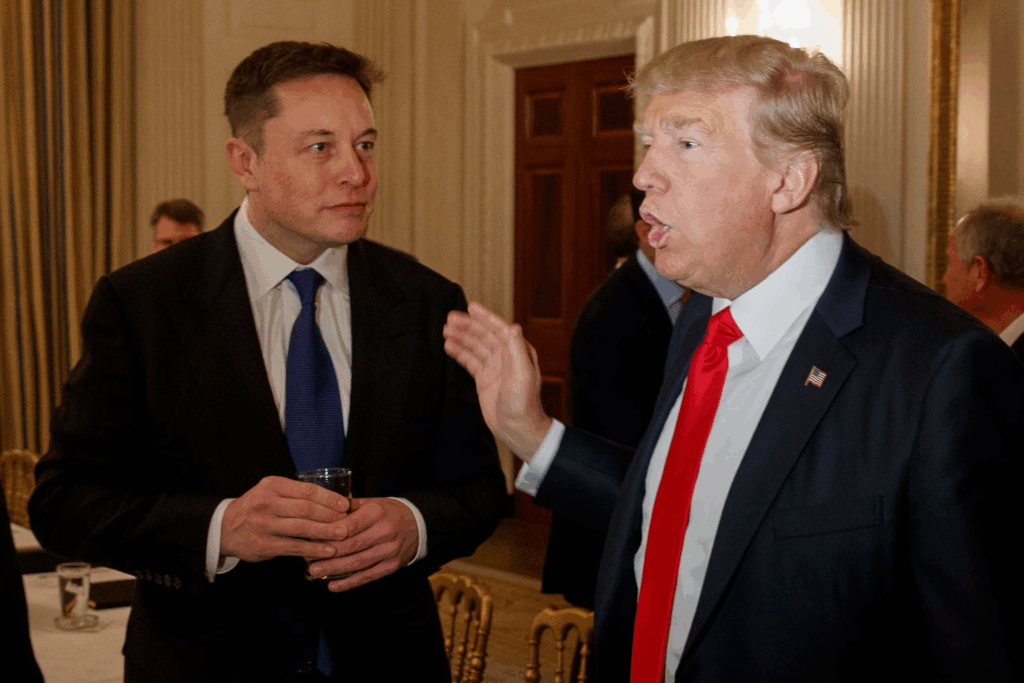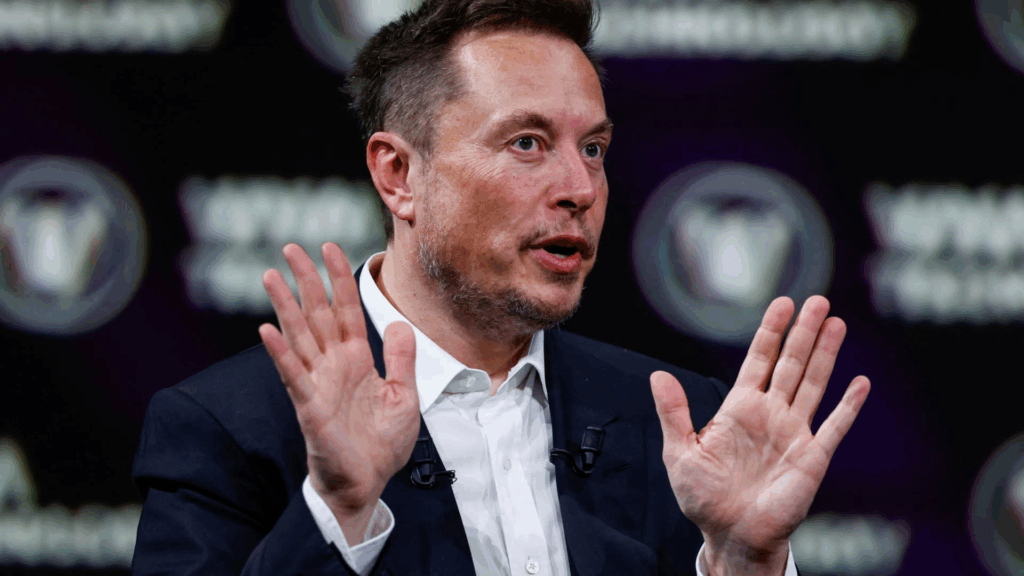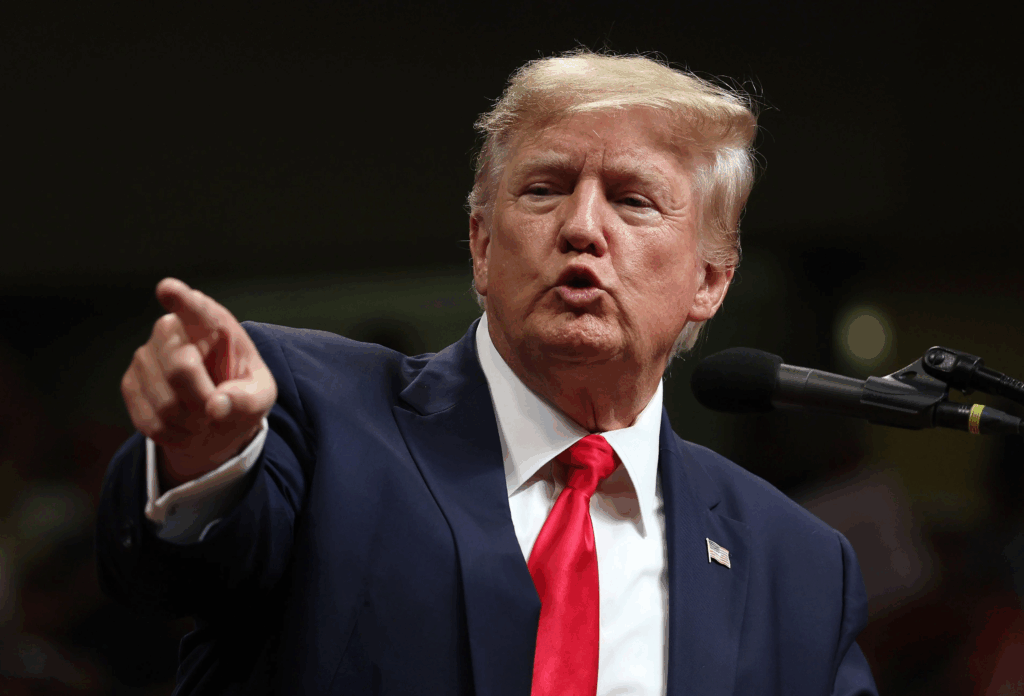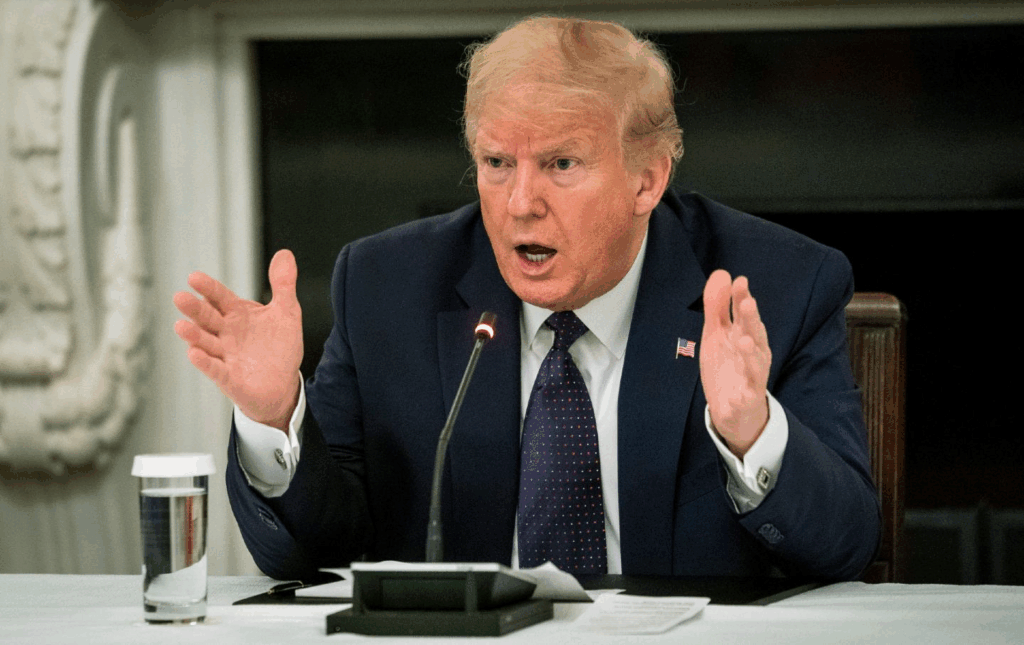In a surprising turn of events, former President Donald Trump has publicly voiced his disappointment with billionaire Elon Musk after Musk criticized the recently proposed legislative bill known as the “One Big Beautiful Bill Act.” The bill, which garnered strong support from Trump, aims to overhaul various federal programs to promote economic growth and government efficiency.

During his tenure and beyond, Mr. Trump has been a vocal advocate for comprehensive reforms that streamline government operations and reduce unnecessary spending. The “One Big Beautiful Bill Act” emerged as a flagship initiative, designed to consolidate federal agencies, cut costs, and foster a more efficient government structure. Trump publicly praised the bill, emphasizing its potential to make government “smaller, smarter, and more effective.”

However, the mood shifted when Elon Musk, the renowned entrepreneur and CEO of companies like Tesla and SpaceX, publicly voiced his opposition to the bill. Musk argued that the legislation would lead to increased federal spending, specifically citing an expected rise in the federal budget deficit. He claimed that the bill’s provisions could undermine efforts to reduce government waste and fiscal responsibility.

Musk’s criticism was particularly notable because it contradicted previous statements from the Department of Government Efficiency (DOGE), a department Musk once led, which had championed the bill as a means to promote fiscal discipline and reduce debt.
In response, Mr. Trump expressed his disappointment with Musk’s remarks during a recent rally. He stated, “Elon Musk has always been a talented innovator, but he doesn’t seem to understand the importance of supporting bills that strengthen our economy and our country. The ‘One Big Beautiful Bill Act’ was designed to help America grow, not increase our debt.”

Trump further emphasized that Musk’s criticism was unfounded, asserting that the bill would ultimately help reduce waste and promote responsible spending. He also hinted that he believed Musk’s opposition might be influenced by other interests or misunderstandings about the bill’s purpose.
This exchange highlights the ongoing debate over fiscal policy and government reform in the United States. While supporters of the bill argue it will lead to smarter government spending, critics like Musk contend it could exacerbate the national debt.

The disagreement also underscores the differing visions of economic stewardship between political figures and influential entrepreneurs. Musk’s stance reflects a concern for fiscal responsibility, while Trump’s support emphasizes the importance of legislative efforts to reform government operations.